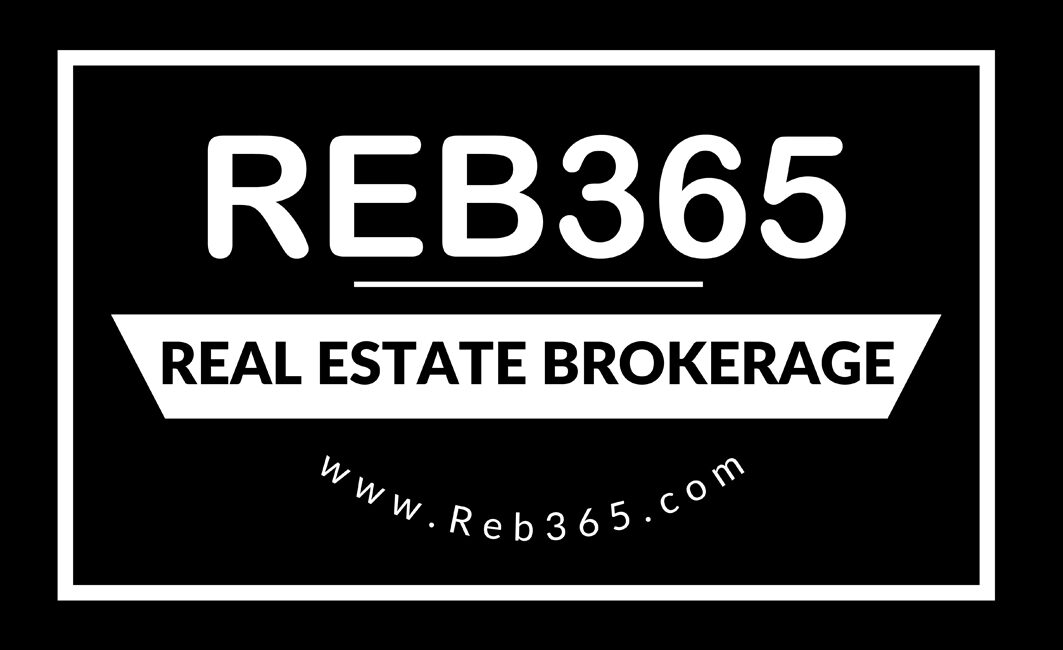
© Nora Carol Photography – Moment/Getty Images
When Adena Hefets was growing up, her parents couldn’t get a mortgage for their first house. So, the seller helped them by offering a rent-to-own solution.
“My dad was a construction worker. They fixed up the whole house, and it was their asset they leveraged and leveraged. They used it to pay for our college,” says Hefets, CEO of Divvy Homes in Oakland, Calif.
She created her own company four years ago to make homeownership accessible to more people.
“Many people can’t access regular loans. Mortgages tightened up but didn’t offer alternatives,” she adds.
Divvy Homes partners with real estate agents working with potential home buyers who might not qualify for a traditional mortgage. Divvy will purchase the home for the clients with an all-cash offer, then sets up a rent-to-own arrangement. Potential homeowners rent the home while Divvy helps them save for a down payment. They can buy the home from Divvy within three years or walk away and cash out their savings.
The financing landscape is indeed changing. Divvy Homes is just one of several new startups that have emerged over the past few years to help Americans finance a home. Sellers who need the equity from their current home to buy a new home also have more options.
Knock, a 2021 participant in NAR’s REACH technology accelerator program, uses data to help clients calculate the value of their current home, then gets the homeowner approved for a Knock mortgage on a new home before they even list. This allows clients to make a competitive, non-contingent offer on another home. Knock also lends them the down payment and money to fix up their old house using the equity they’ve gained. The cost to the client is a 1.25% convenience fee on the purchase of the new home. Sellers can still be represented by an agent of their choice.
Accept.inc is another solution for sellers. The proptech mortgage lending company will make a cash offer without financing contingencies with the terms the agent negotiates on behalf of the buyer, then holds the home for the buyer while their mortgage is finalized, at which point Accept.inc sells it to the buyer for the same price the company bought it for.
HomeLight is a company that works with a real estate agent to make an offer on the client’s current property, which, in turn, allows the client to make a strong offer on the home they want to buy. They can do this with no lending or home sale contingency on their current home. Once the offer is accepted, HomeLight buys the current home so the cash is available to close on the new home. The real estate agent can list the client’s past home, and if it sells for more than the price HomeLight was going to buy it for, HomeLight gives the additional cash (minus selling costs and program fees) to the sellers. The fees depend on the market, the lender used, and the number of days HomeLight owns the home.
Crowdfunding sites such as GoFundMe and HomeFundit have also become popular options for some people who need a down payment. Even small donations can add up to a large down payment.
Brokers Respond to Market Changes
“[Real estate professionals] don’t need to understand every aspect of lending, but they need to understand the misconceptions,” says Anthony Lamacchia, CEO and broker at Lamacchia Companies, Inc., in Massachusetts. He is also the 2022 chair of the Conventional Lending and Finance Committee for the National Association of REALTORS®. His real estate company serves clients in Massachusetts, New Hampshire, Rhode Island, Connecticut, Maine, and Florida.
“You’d be shocked to know how many people still believe you need 20% down to buy a house,” he says. “And then there are those who blame their mortgage broker if they can’t get approved. That’s a bit of an old-school sense in both ways.”
There are all kinds of down payment assistance programs out there for those who qualify, and the 30-year loan remains king. However, more choices are becoming available to those who don’t fit into the traditional homebuying situation or mortgage options—and brokers like Lamacchia are even offering their own programs.
Lamacchia’s company offers the Lamacchia Realty’s Offer Now program that gives homeowners who need to bypass the open market the opportunity to sell their home quickly by providing a contingent-free, no-obligation cash offer on their home with a flexible close. There are no commissions fees, the owner avoids showings, open houses, and having to repair their home for sale. His company also allows the owners to take what they want and leave the rest behind for them to take care of.
“We’ve done pretty good with it,” he says. “We just know that a percentage of sellers would rather not list their home. They look at it as a hugely annoying thing. They don’t want people going through their house.”
Many buyers are now offering more favorable terms in their offers to sellers who need to find another home. They’re buying properties and letting sellers stay in the home for weeks or even months. It’s a smart way to get a leg up in a multiple offer situation, especially if the sellers don’t know where they are going next, Lamacchia states.
“Simply, it’s basic economics, demand went up, supply went down,” he says.
While more homes are starting to come on the market, some buyers have given up on purchasing for the time being and will rent another year to see if things change, Lamacchia says.
“It’s still fiercely competitive,” says Lamacchia. “But one thing in real estate I’ve learned is to be patient. It won’t stay like this.”
Travis Marshall
REB365
Broker. Founder. Realtor.
877-784-1777
www.REB365.com


